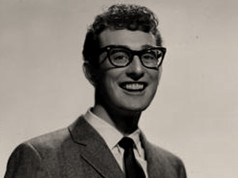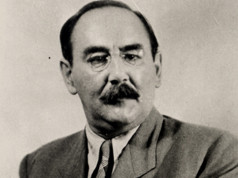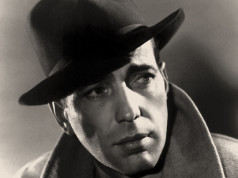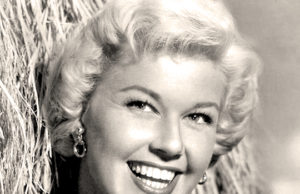By Oren Jack Turner / Wikimedia Commons / CC-BY-SA-3.0 / GFDL
Albert Einstein
(Physicist)
14 March 1879 – 18 April 1955 (Aged 76)
Einstein was one of the most influential and famous people of the 20th century.
His Theory of Relativity is one of the cornerstones of modern physics, and amongst his many achievements in the field of theoretical physics.
In popular culture, his formula for mass-energy equivalence, E=mc2, is one of the most widely recognized equations in the world. In 1921, Einstein won the Nobel Prize in Physics.
Born in Germany, Einstein moved to study in Zurich, where he acquired Swiss citizenship in 1901.
As Adolf Hitler came to power in 1933, Einstein was in the United States, where he decided to stay as a result of being Jewish.
He became an American citizen in 1940, where he and fellow physicist, Leó Szilárd, warned President Roosevelt about the threat of Germany developing an atomic bomb and urged the U.S. to develop its own nuclear program.
In addition to his scientific work, Einstein was a passionate civil rights campaigner, denouncing racism as “America’s worst disease”.
In 1952, following the death of Israel’s first president, Chaim Weizmann, Einstein was offered the position of President of Israel, which he declined.
Einstein died in 1955 after suffering from an abdominal aortic aneurysm. His brain was removed during autopsy for preservation and is now located at the Princeton University Medical Center.
James Dean
(Actor)

8 February 1931 – 30 September 1955 (Aged 24)
James Dean was an iconic American actor, seen as a poster-boy for rebellious teenagers, an image cemented by his portrayal of disillusioned teenager Jim Stark, in the 1955 film, Rebel Without a Cause.
Dean’s status as a Hollywood heartthrob and icon only grew following his death in a car crash at the tender age of 24.
Subsequently, Dean became the first actor to be posthumously nominated for an Academy Award for Best Actor.
In the year prior to his death, Dean had developed an interest in car racing, participating in a number of professional events.
On the day of his death, Dean was scheduled to race in Salinas, California, but fatally crashed on the way to take part.
An inquest into his death concluded that Dean was completely at fault for the crash as a result of speeding. The site of the accident has been renamed ‘James Dean Memorial Junction’.
Alexander Fleming
(Biologist)
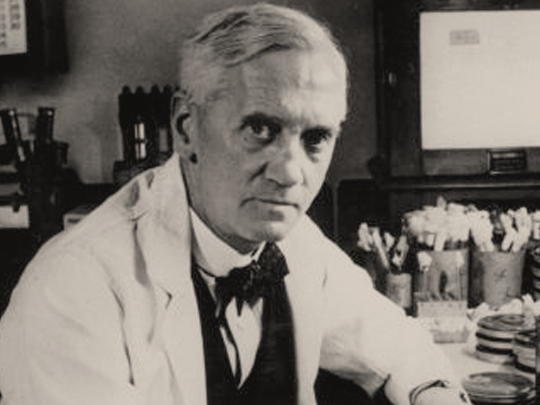
6 August 1881 – 11 March 1955 (Aged 73)
Fleming was a Scottish bacteriologist and scientist best known for his discovery of a bacteria-destroying mold, which he called penicillin.
The discovery of penicillin was the key to producing the antibiotics we use in modern health care.
Early in his career, Fleming served as a bacteriologist during World War I, studying infections to wounds and the antiseptic treatments being administered at the time.
He concluded keeping the wounds dry and clean would be much more effective than the practice of the time. However, his findings were by-and-large ignored.
In 1945, Fleming, along with Howard Florey and Ernst Chain, was awarded the Nobel Prize in Physiology or Medicine. He died of a heart attack at the age of 73.
Charlie Parker
(Saxophonist)
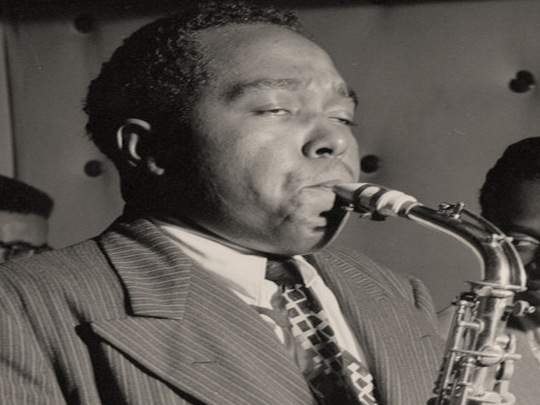
29 August 1920 – 12 March 1955 (Aged 34)
Parker was a hugely influential American Jazz saxophonist.
He is credited with inventing the musical style known as Bebop, along with trumpeter Dizzy Gillespie. Together, they earned legendary status as they performed across America.
Sadly, Parker battled Alcoholism, Heroin-addiction and mental illness, which saw him attempt suicide more than once.
Parker died at the young age of 34, from pneumonia, and the long-term effects of his addictions.
Matthew Henson
(Explorer)
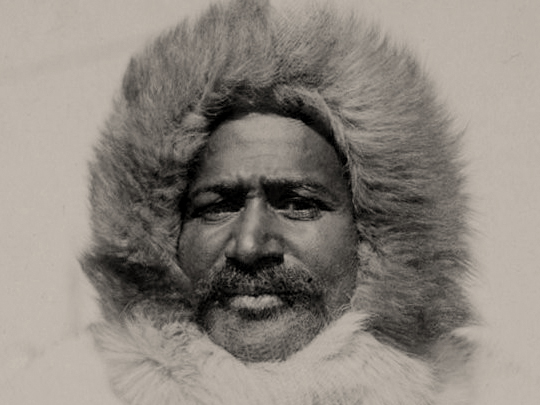
August 8, 1866 – March 9, 1955 (Aged 88)
Henson was a renowned explorer, best known for his discovery of the North Pole, along with Robert Peary, in 1909.
He was also the first African-American Arctic explorer.
In recent years, the claims of the men have been questioned, with doubts as to whether they actually made it all the way to the pole.
Never-the-less, both men were accomplished explorers, traversing the Arctic for over 20 years.



